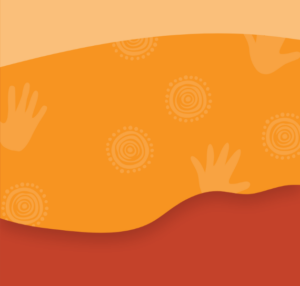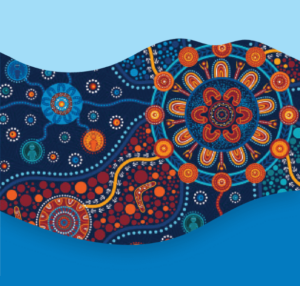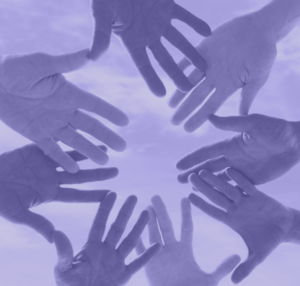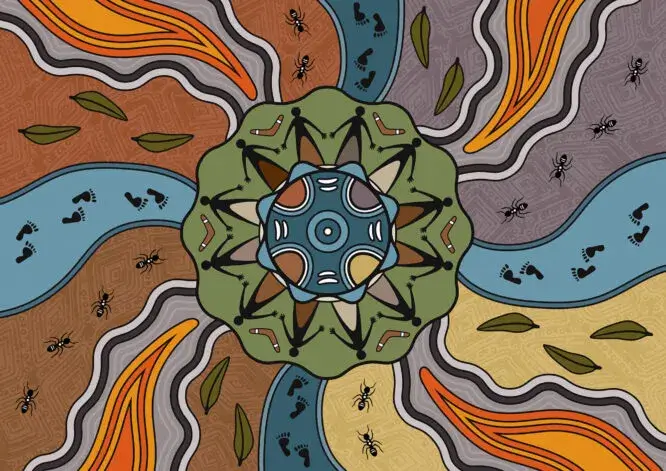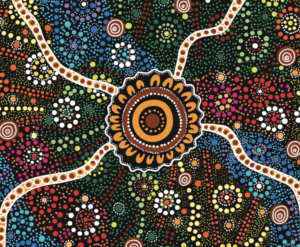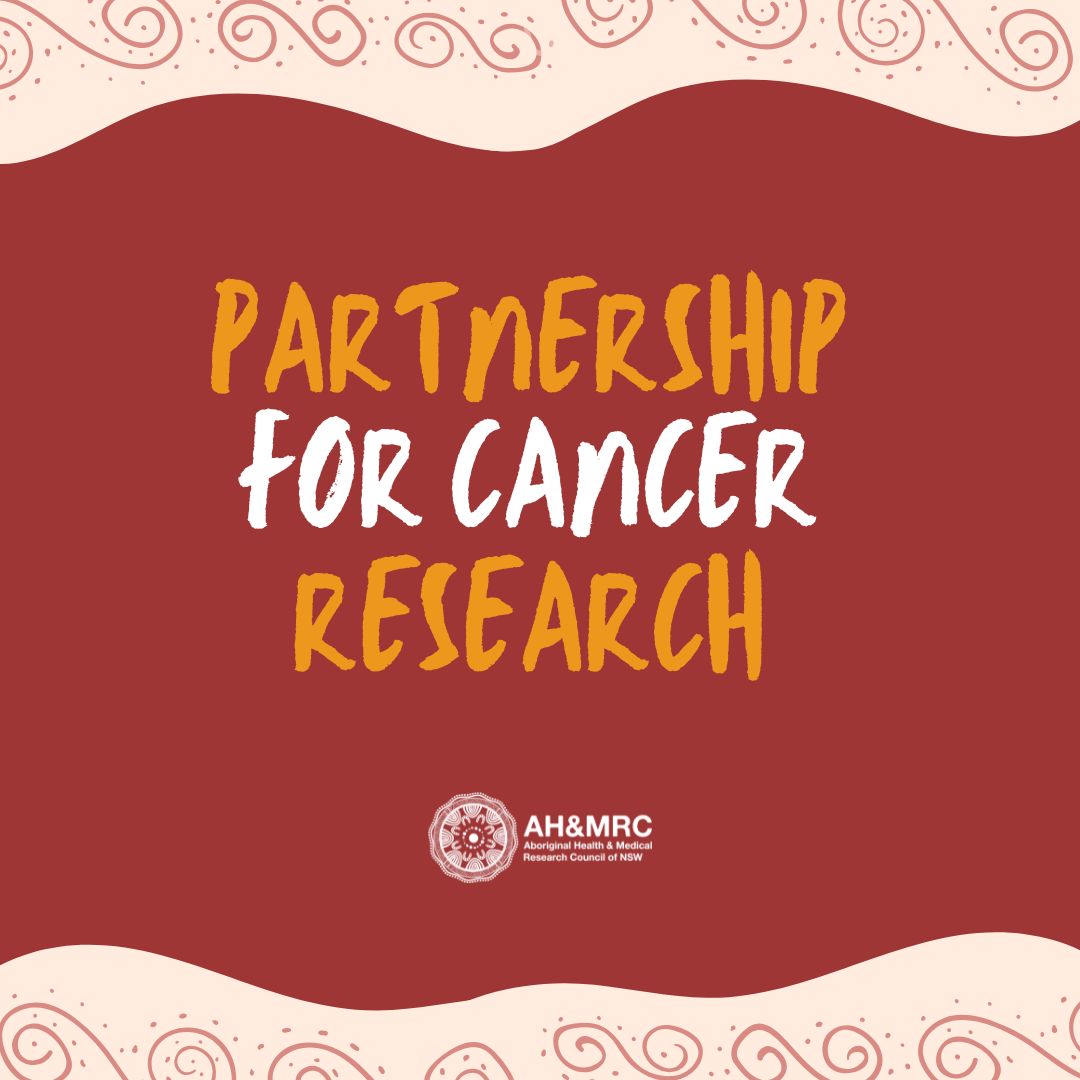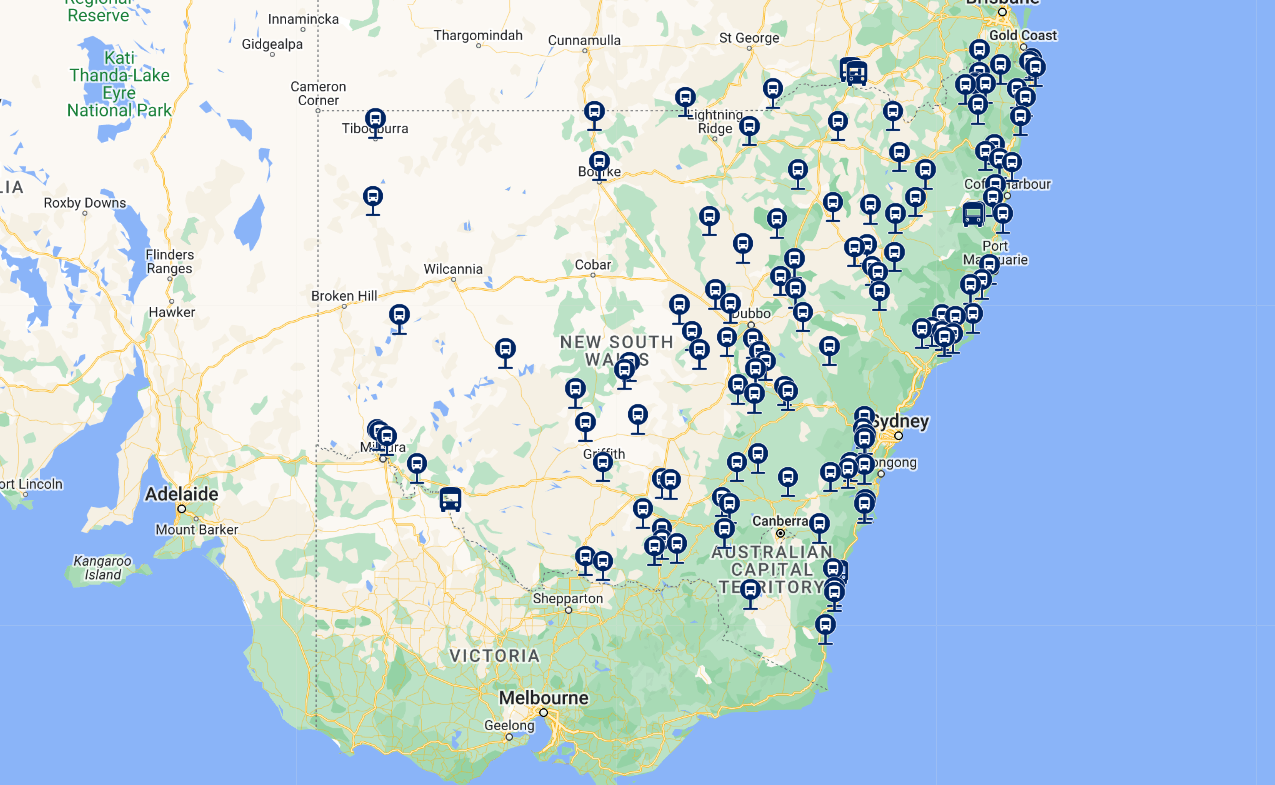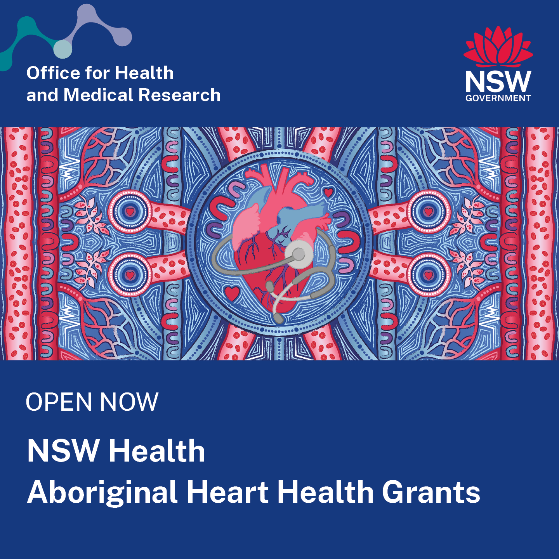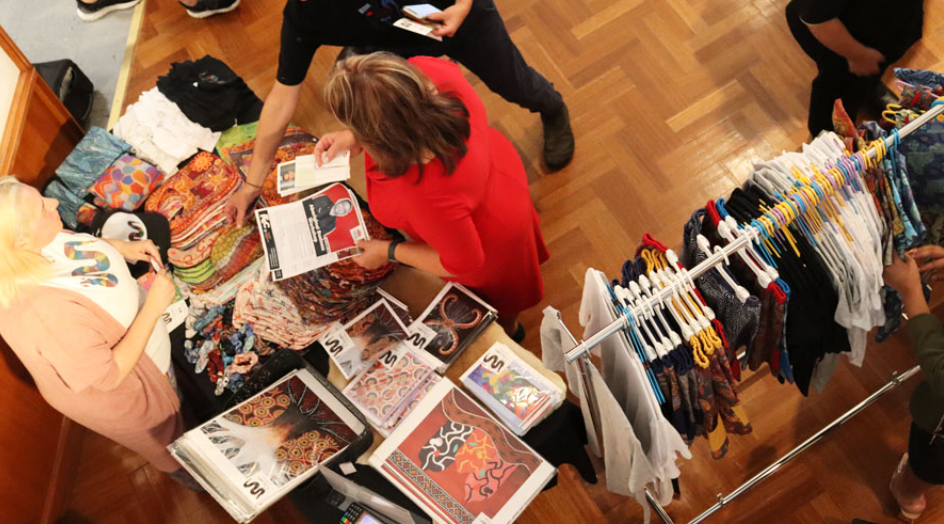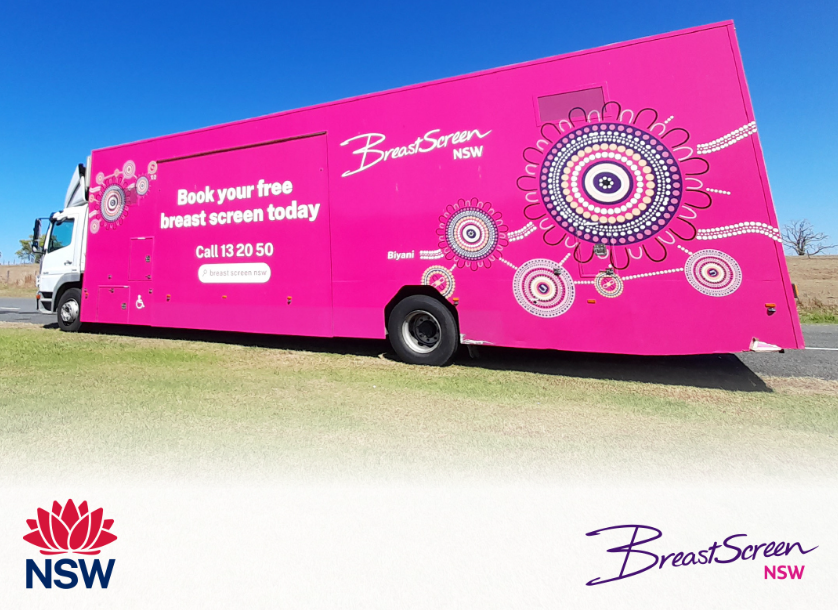The Australian Government is bringing together Aboriginal and Torres Strait Islander organisations and the research sector to conduct innovative, First Nations-led cancer research through a new grant scheme and a $9.6 million investment.
The Partnerships for Cancer Research program will seek to improve cancer outcomes for Aboriginal and Torres Strait Islander people by generating knowledge that informs inclusive and equitable cancer care while also building the capacity of the First Nations cancer research sector.
Delivered by Cancer Australia in collaboration with the National Health and Medical Research Council (NHMRC), up to 12 community-based grants between $800,000 to $2.5 million will be awarded for projects up to three years. The program will fund translational, community-based cancer research projects across three areas – prevention and early detection, access to cancer care, and patient experiences and outcomes from diagnosis through to survivorship.
The grant funding is designed to support the establishment of new partnerships but also to strengthen existing collaborations between organisations committed to improving cancer care for Aboriginal and Torres Strait Islander peoples now and into the future.
Outcomes of these partnerships will include:
- improved health and wellbeing of Aboriginal and Torres Strait Islander people by generating translational knowledge to inform equitable cancer care;
- building the research capacity and skills of the Aboriginal and Torres Strait Islander cancer workforce, including increasing research partnerships and collaborations;
- establishing governance arrangements that enable shared decision-making and increased involvement of communities in research co-design.
This investment is part of the Albanese Government’s commitment to delivering better outcomes for Aboriginal and Torres Strait Islander communities under the $238 million Improving First Nations Cancer Outcomes program announced by the Hon Mark Butler, Minister for Health and Aged Care in the 2023-24 Budget.
This program includes $38.6 million provided to Cancer Australia to invest in First Nations-led cancer research, build the capacity of the Aboriginal and Torres Strait Islander research sector and ensure mainstream cancer care services are culturally safe and accessible.
Applications are encouraged from partnerships that involve Aboriginal and Torres Strait Islander-led organisations collaborating with research groups and mainstream health services, working closely with communities.
Grant applications are now open and will close on Wednesday, 12 February 2025.
For more information visit canceraustralia.gov.au.
Quotes attributable to Assistant Minister for Indigenous, Health Ged Kearney MP:
“Cancer affects all Australians, but we know that Aboriginal and Torres Strait Islander people often face worse outcomes. This program is about closing the gap by ensuring First Nations knowledge and voices are central to the research process and cancer care.
“As a nurse I know the importance of lived experience in health research. We’re including First Nations Australians and their unique lived experience to improve cancer outcomes and build the capacity of the First Nations cancer research sector.
“This grant opportunity presents a new and innovative approach to supporting cancer research in First Nations communities. I encourage interested organisations to seek out partners and make an application.”
Quote attributable to Adjunct Professor Jacinta Elston, Cancer Australia’s Advisor on Aboriginal and Torres Strait Islander Cancer Control:
“Through the Partnerships for Cancer Research grant program, we have a unique opportunity to transform cancer outcomes for Aboriginal and Torres Strait Islander communities. By investing in community-based research and strengthening partnerships between Aboriginal and Torres Strait Islander organisations and mainstream cancer services, this grant program will empower our people, honour our knowledge, and build capacity for generations to come. It represents a vital step towards achieving equity in health outcomes and closing the gap in cancer care for our communities.”


